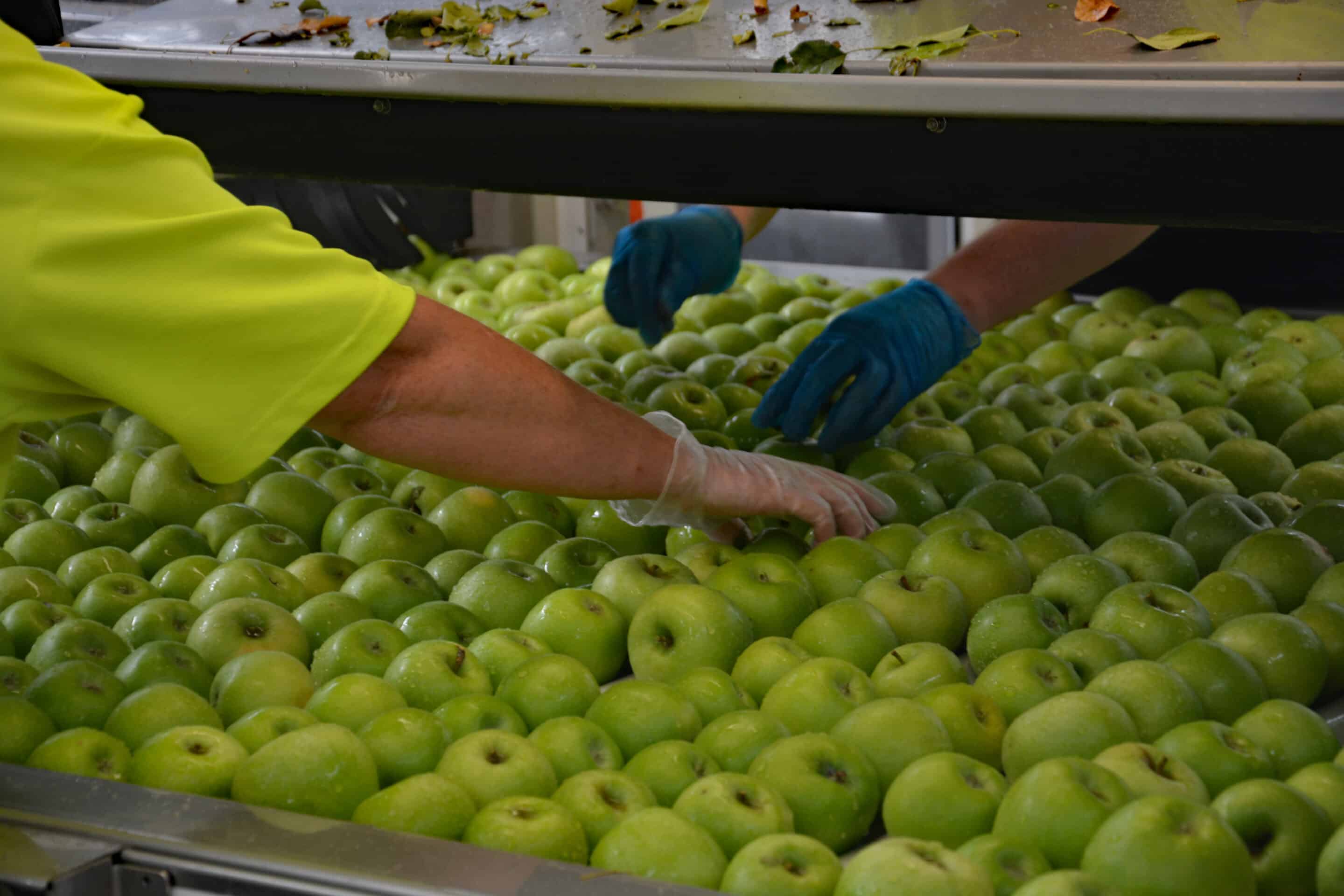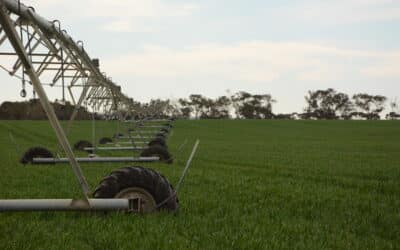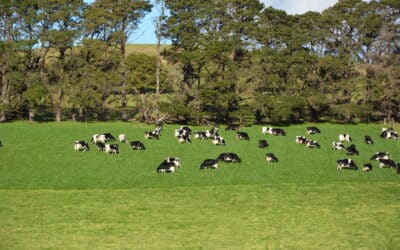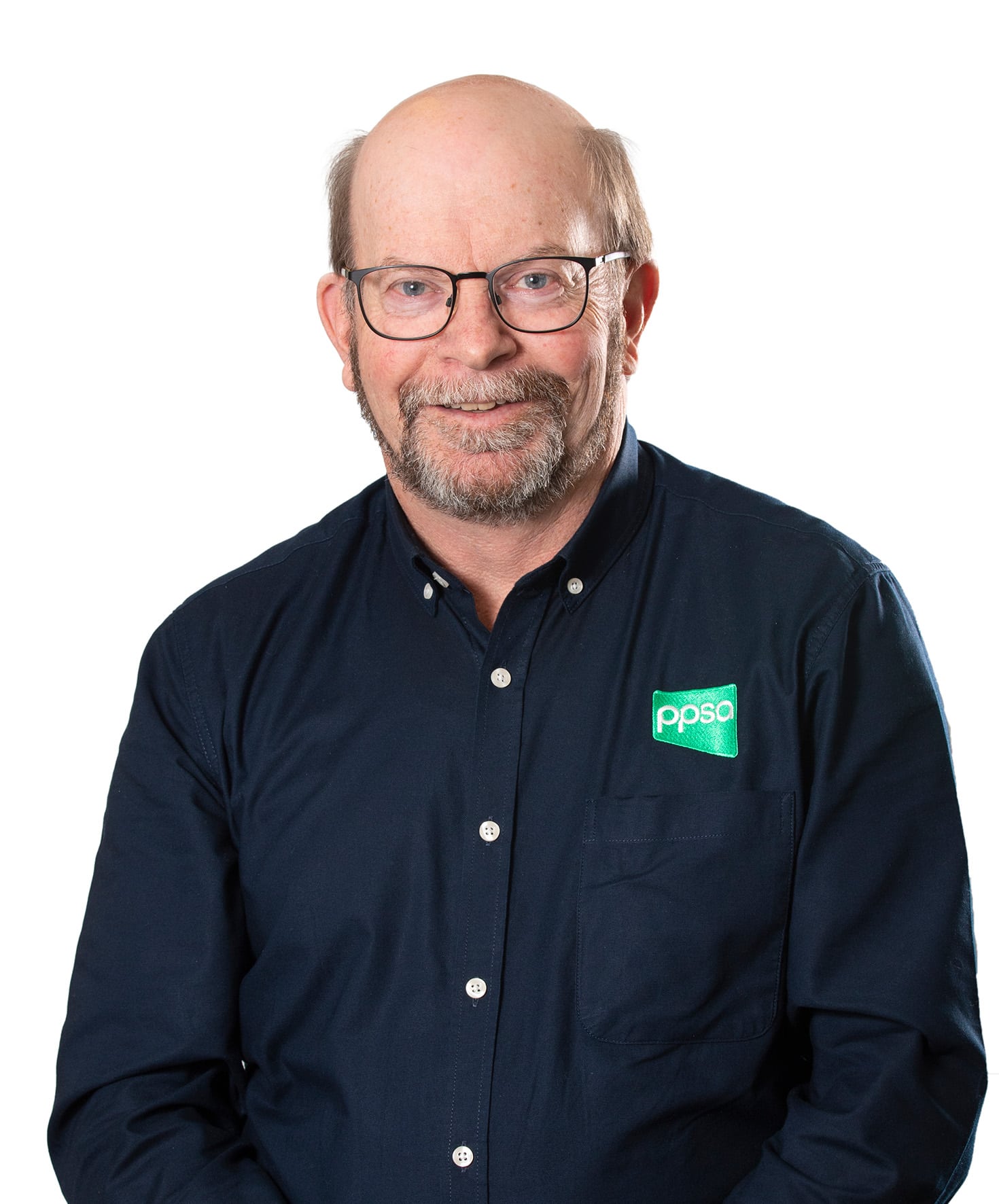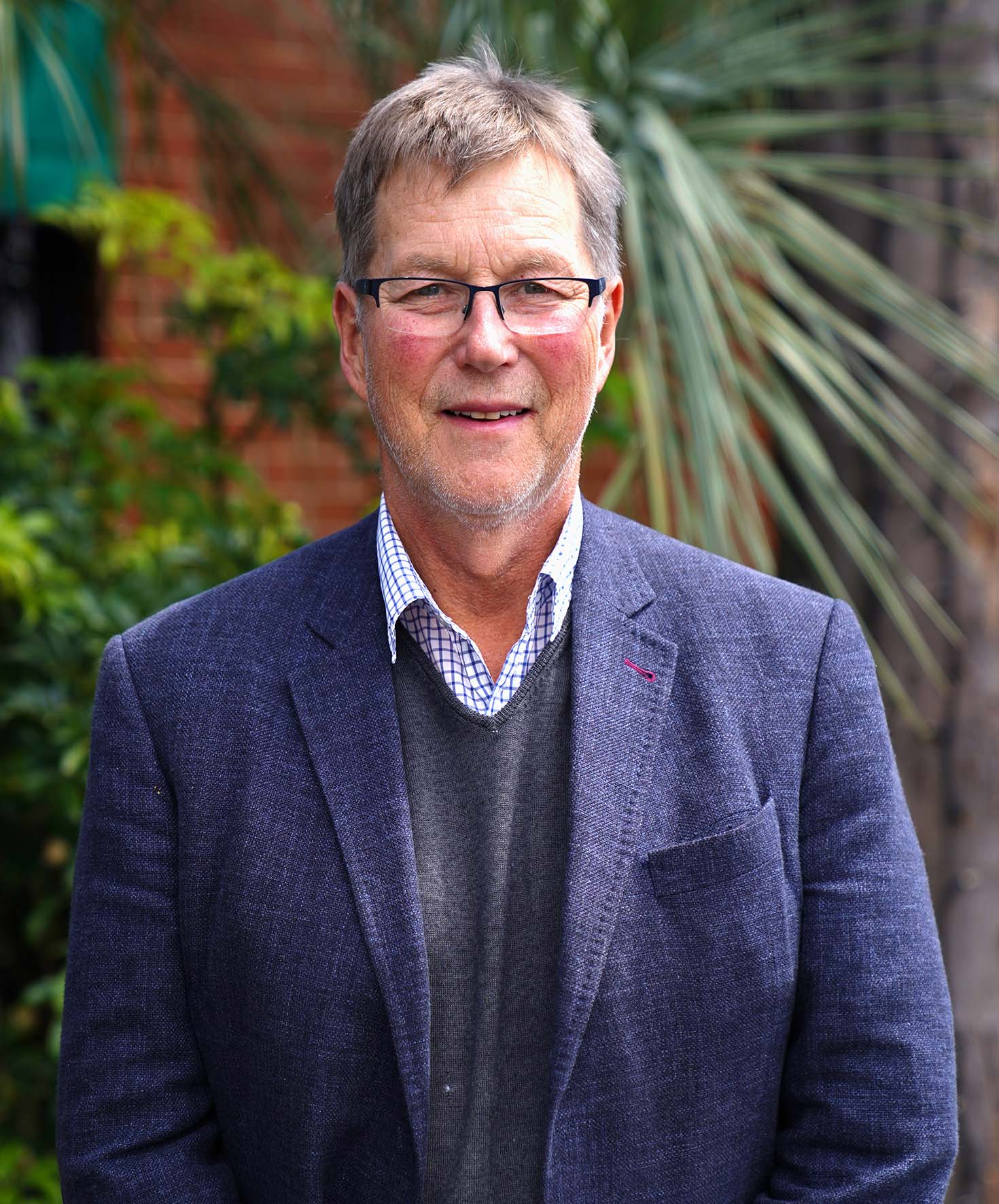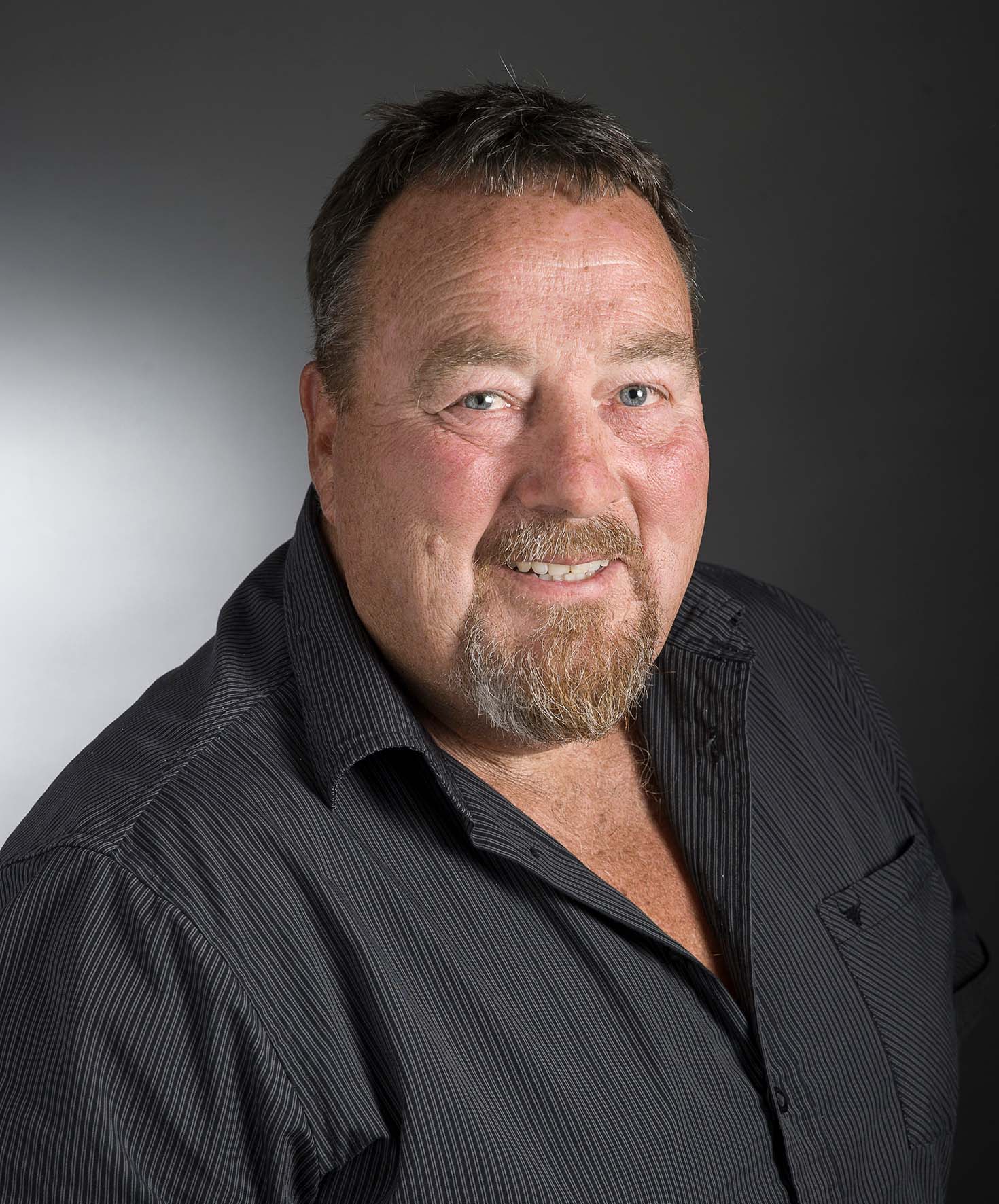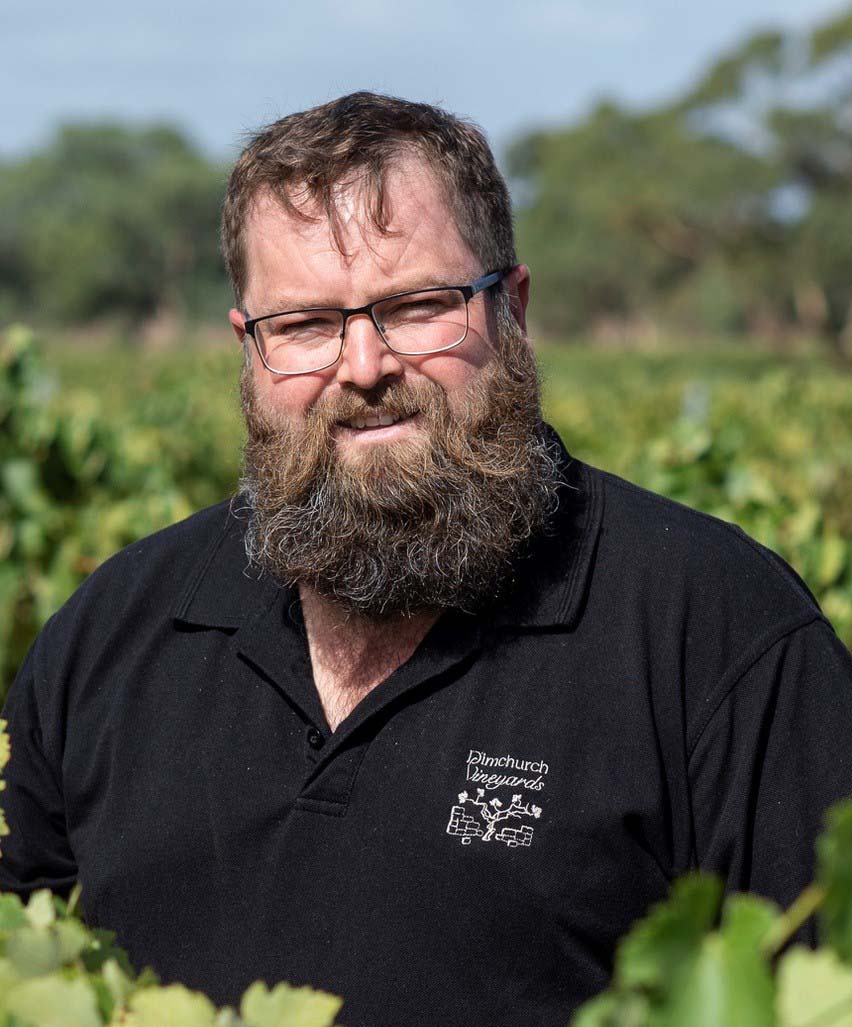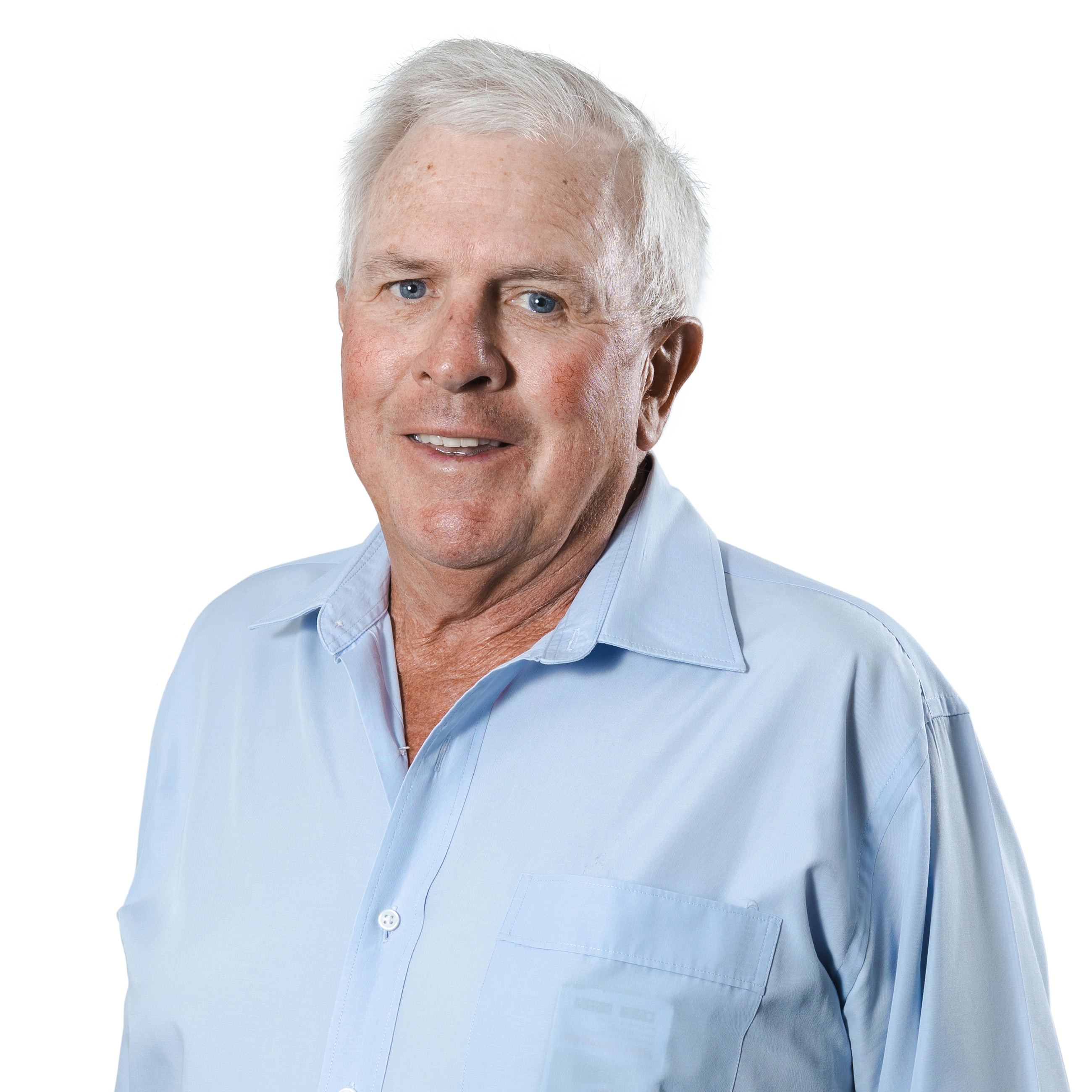THE role of leadership in driving change to address the safety risk of sexual harassment in farm workplaces was featured in the agenda of this year’s FarmSafe Australia National Conference, aptly themed ‘Recipe for Averting Disaster’.
I was given the task of chairing a panel session to explore the legal framework, industry culture, human resource practices, and role of corporate agribusiness in supporting best practice to prevent and address the incidence of sexual harassment across the farm sector.
In 2020, the Australian Human Rights Commission released its landmark report Respect@Work: National Inquiry into Sexual Harassment in Australian Workplaces.
That report was built on a massive survey of people across the nation and the economy, which found that one in three people reported having experienced sexual harassment at work in the past five years.
The problem was shown to be widespread and pervasive, and that much more needs to be done to create safe and inclusive workplaces.
The failure to recognise what is happening in workplaces is a sign of corporate failure that companies and broader industry cannot avoid or downplay.
Agriculture is no exception.
The key to change is imbedding a workplace culture that does not tolerate sexual harassment.
Employers are ultimately responsible for what happens in their workplace, holding individuals to account for their behaviour.
Most Australian States and Territories follow Safe Work Australia’s Model Work Health and Safety Act 2011 framework, which imposes a duty to minimise hazards to workers’ health which covers sexual harassment.
Further work remains to bring the same level of guidance, regulation, and practice to matters of sexual harassment at the farm level, as those that already exist for matters of more traditional workplace safety.
Historically, sexual harassment has been treated as a human resources issue within the workplace, due to its direct impact on employee retention and productivity.
The potential legal consequences for employers and others in the workplace responsible for work, health and safety are significant.
The damage to brand and reputation for companies which fail to prevent or take allegations of sexual harassment seriously is immense. There is growing intolerance for poor behaviour and motivation to bring these matters to public awareness, aided through social media and regulatory oversight.
The #MeToo movement worldwide has arguably led to high-profile investigations into its prevalence, including the Jenkins report into workplace behaviour in the Australian Parliament last year.
After working in our male dominated industry for the past 20 years, which is now led by a female President of the National Farmers Federation, I have witnessed first-hand the tremendous opportunities to women working in agriculture.
Look no further to the gender balance which now exists in the cohort of students who are studying agricultural science. We celebrate the contribution that women make to rural industry through awards and welcome women into leadership ranks across the sector.
While change may be underway to improve workforce inclusion and diversity in agriculture, we cannot afford to avoid the difficult conversations about sexual harassment.
The Jenkins report has shown that while poor workplace culture may give rise to sexual harassment, change is never easy to achieve and extremely difficult to mandate in the absence of leadership.
It’s shouldn’t take a #MeToo scandal to hit the news before the agricultural industry acts in stamping out sexual harassment where it may still reside. Leadership is the recipe for averting disaster.
This column was written by PPSA CEO Caroline Rhodes and appeared in the 29 September 2022 edition of Stock Journal under the heading ‘Action vital to create safe, inclusive sector’.

